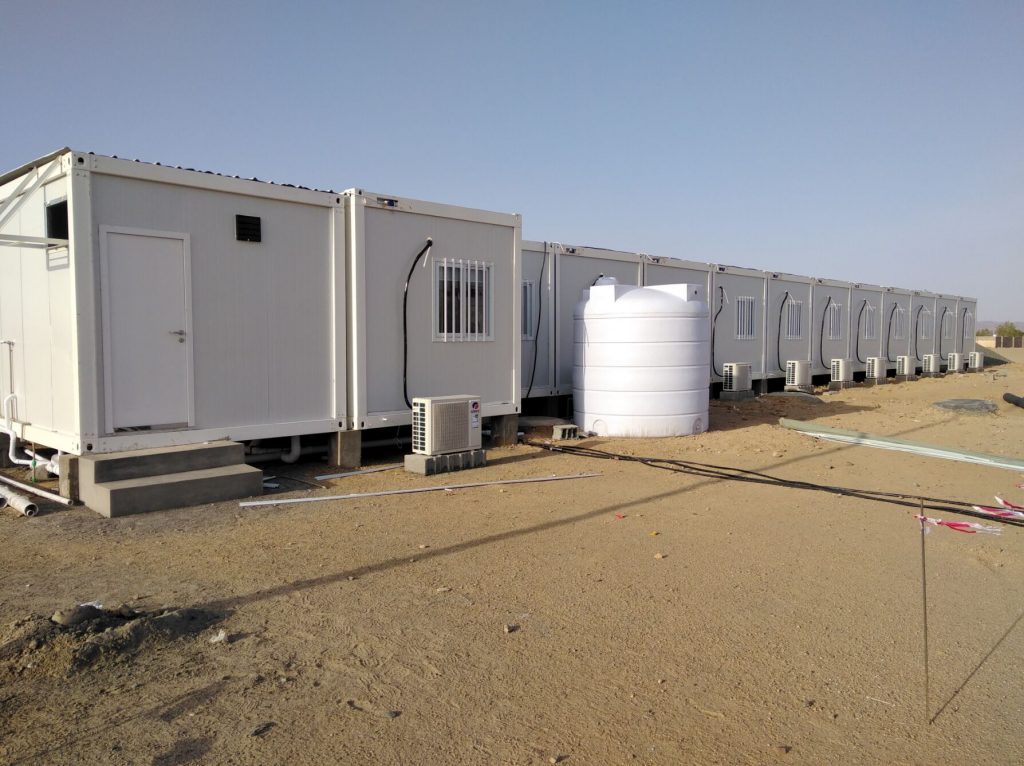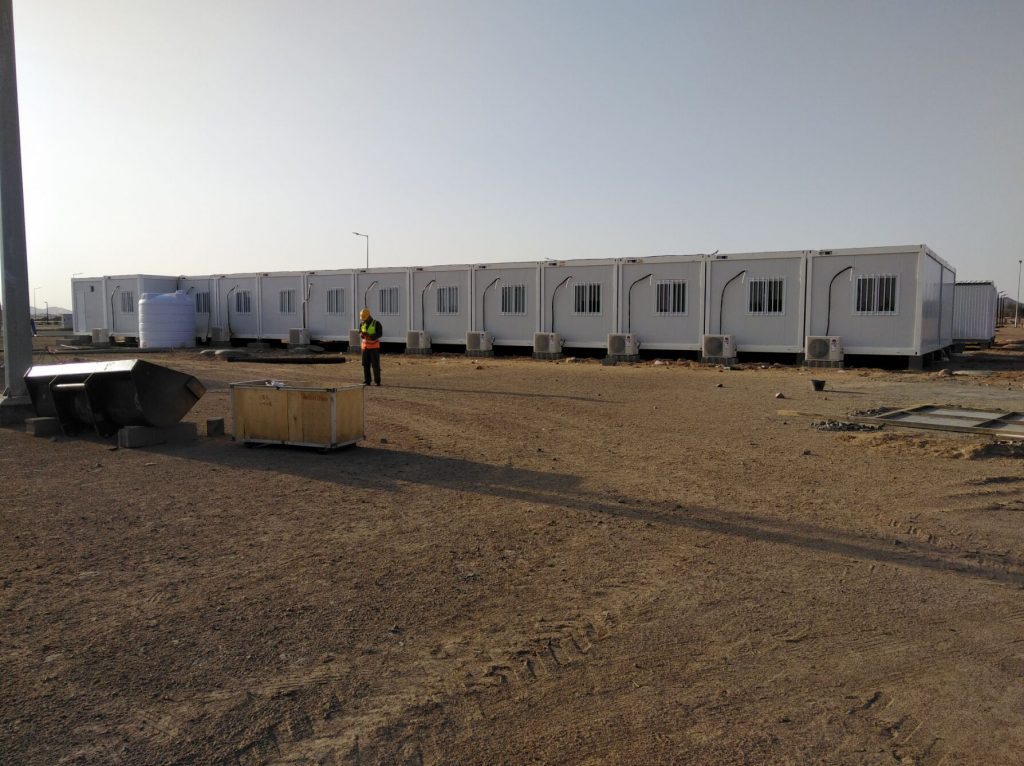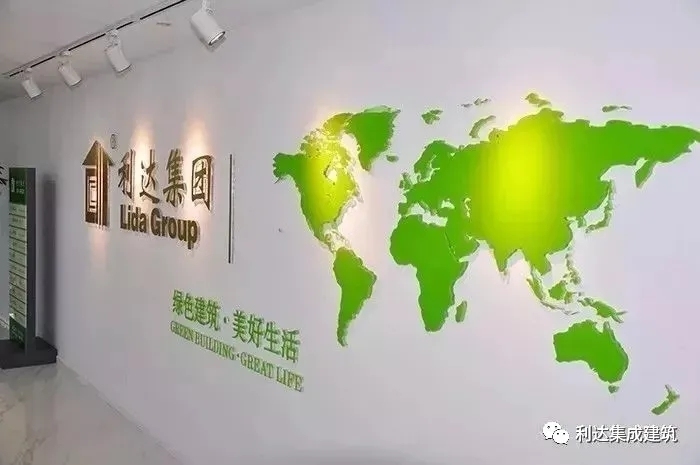Disasters and conflicts worldwide disrupt education for millions of children annually. Humanitarian organizations urgently mobilize temporary learning spaces; however, container-based solutions demonstrate potential for faster, larger-scale deployment.
Lida Group established an industrialized building solutions division collaborating with UNESCO, UNICEF and non-profits via memorandums of understanding. The MOUs codified open-source modular designs, quality standards for refurbished containers, and inventory management protocols sustainably serving diverse operating contexts.

Standard 20- and 40-foot shipping containers formed durable, lockable structures easily cleaned between occupancies. Interior retrofits installed insulation, finishes and fittings customized for varied student demographics. Rapid on-site container connections via standardized universal fittings required no specialized equipment.
Prefabricated lumber floor, wall and roof connections stabilized structures wind and seismic loads. Integrated water, power and sanitation systems met basic needs sustainably without mains connections. Micro-grid-ready renewable energy and conservation strategies reduced lifecycle costs and environmental footprints.
Mass inventory stockpiling in strategic global locations via pro-bono transport facilitated same-week deployments. Just-in-time pre-positioning simulations optimized logistics response-capacity. The division trained local staff and contractors to assemble, maintain and redeploy container classrooms afterwards as permanent village schools.

Solution modularity scaled outputs rapidly as needs evolved. Expanded design offerings met specialized requirements for early childhood development, vocational programs or safe spaces with gender-segregated washrooms. Post-occupancy evaluations gathered end-user feedback for product improvement cycles supporting customizable, resilient solutions.
Strategic co-financing leveraged private donations and social impact investment for humanitarian aid. Recurring deployments optimized overhead absorption into future crises response preparedness. Outcome reporting quantified education access restored facilitating scale of interventions over time. International standardization increased procurement options and resource leverage globally.
By standardizing turnkey solutions sustaining education access acutely, these partnerships demonstrated shipping containers’ viability bridging immediate and lasting community recovery needs worldwide adaptively justly dependably.

Related news
-
Sustainable charette examining master planned community prototypes composed entirely of Lida Group's interlocking modular shipping container row houses arranged to optimize southern exposures, on-site renewable generation and rainwater management.
2023-10-11 16:19:25
-
Social housing cooperative case study of self-managed communal cluster compounds developed by China's Lida Group composed of affordable detached duplex flats within refurbished steel shipping containers.
2023-10-11 16:23:41
-
Optimizing floor plan configurations and modular component designs in shipping container homes produced by Lida Group to maximize private, commercial and public programing potential within a small footprint.
2023-10-11 11:57:23
contact us
- Tel: +86-532-88966982
- Whatsapp: +86-13793209022
- E-mail: sales@lidajituan.com


